 Congratulations to Charlotte Clayton, PhD student in the Centre for Midwifery, Maternal & Perinatal Health (CMMPH) on the publication of an article based on her PhD study. The paper ‘The public health role of case-loading midwives in advancing health equity in childbearing women and babies living in socially deprived areas in England: The Mi-CARE Study protocol’ is co-authored with her supervisors Prof. Ann Hemingway, Dr. Mel Hughes and Dr. Stella Rawnson [1].
Congratulations to Charlotte Clayton, PhD student in the Centre for Midwifery, Maternal & Perinatal Health (CMMPH) on the publication of an article based on her PhD study. The paper ‘The public health role of case-loading midwives in advancing health equity in childbearing women and babies living in socially deprived areas in England: The Mi-CARE Study protocol’ is co-authored with her supervisors Prof. Ann Hemingway, Dr. Mel Hughes and Dr. Stella Rawnson [1].
This paper in the European Journal of Midwifery is Open Access, and hence freely available to everybody with an internet access. Charlotte is doing the Clinical Academic Doctoral (CAD) programme at Bournemouth University. The CAD programme provides midwives with bespoke research training, which includes conducting a piece of independent research whilst also remaining in clinical practice. The CAD programme is part of the NIHR Wessex Integrated Academic Clinical Training Pathway and in her PhD study supported by BU and University Hospital Southampton (UHS), where Charlotte works as a midwife). Charlotte use the Twitter handle: @femmidwife.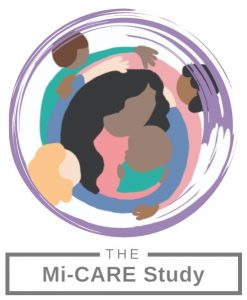
Well done!
Prof. Edwin van Teijlingen
CMMPH
Reference:
- Clayton S, Hemingway A, Hughes M, Rawnson S (2022) The public health role of caseloading midwives in advancing health equity in childbearing women and babies living in socially deprived areas in England: The Mi-CARE Study protocol, Eur J Midwifery 6(April):17
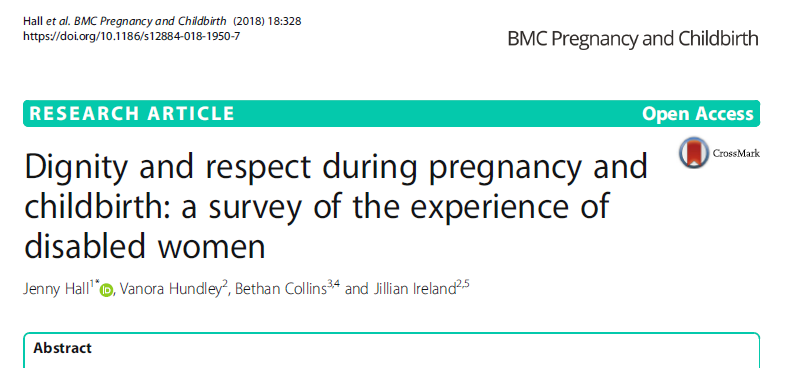
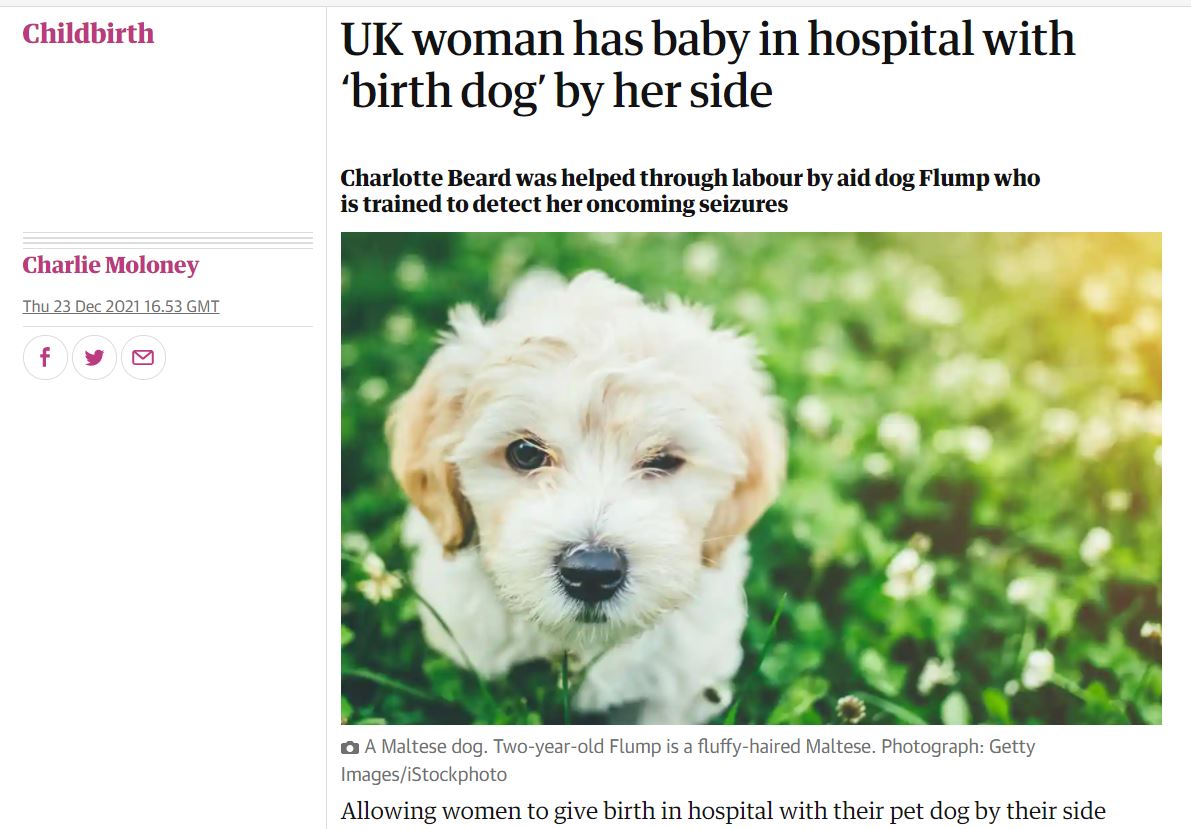

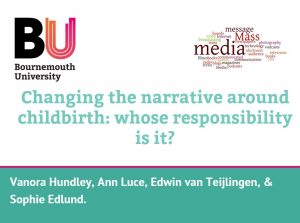

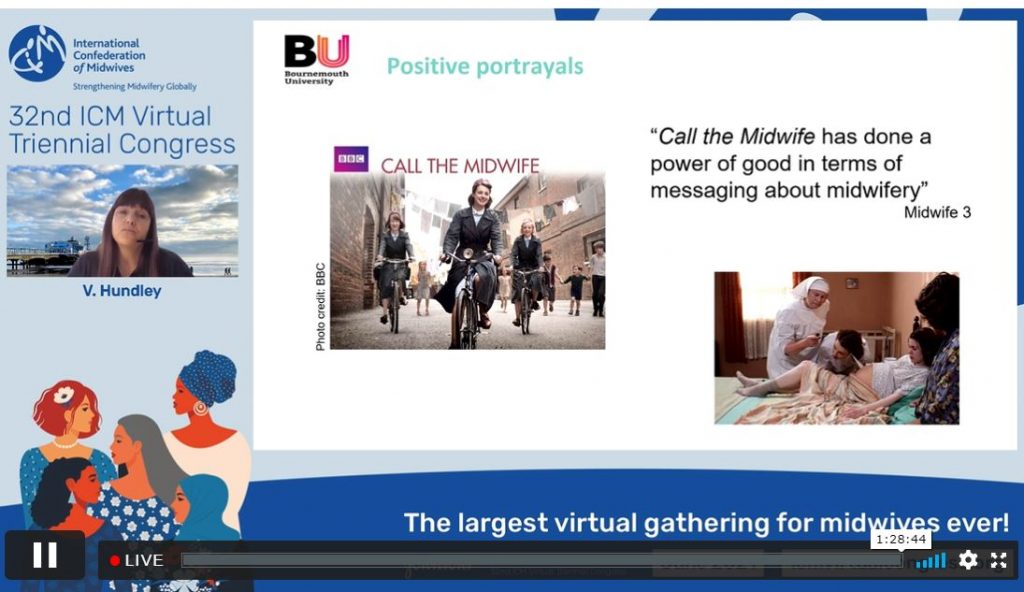
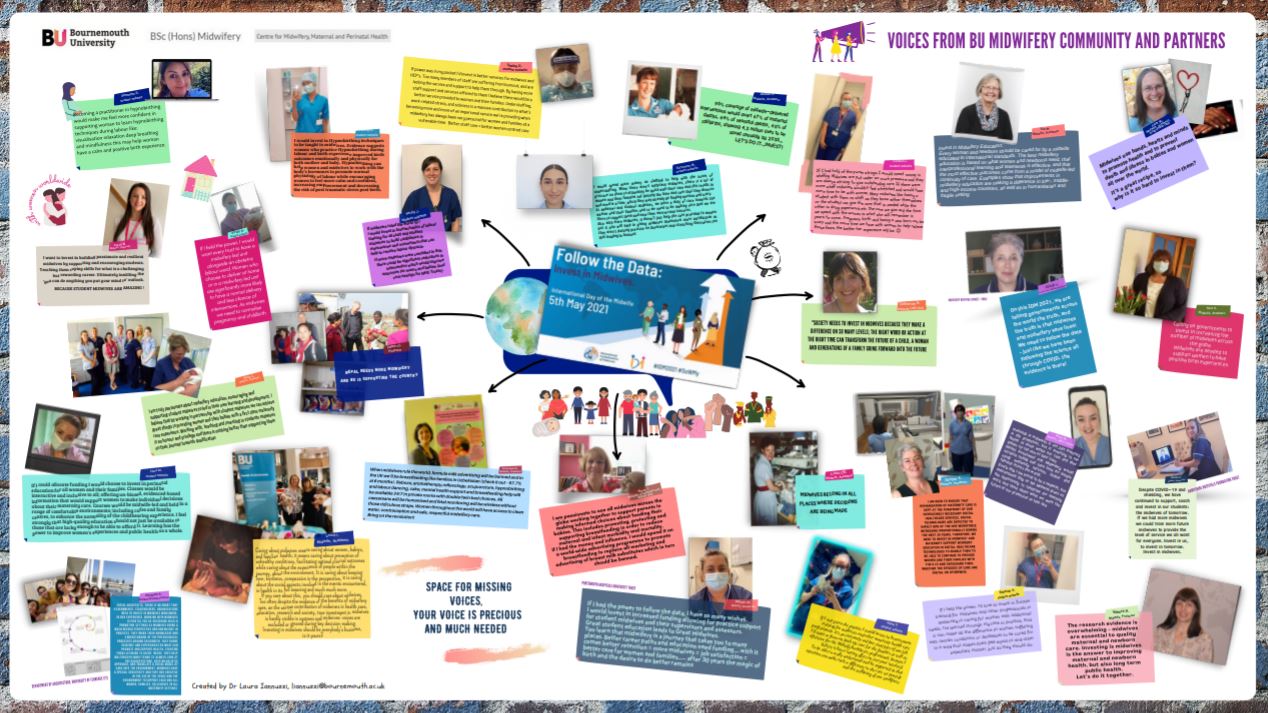

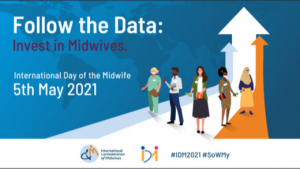
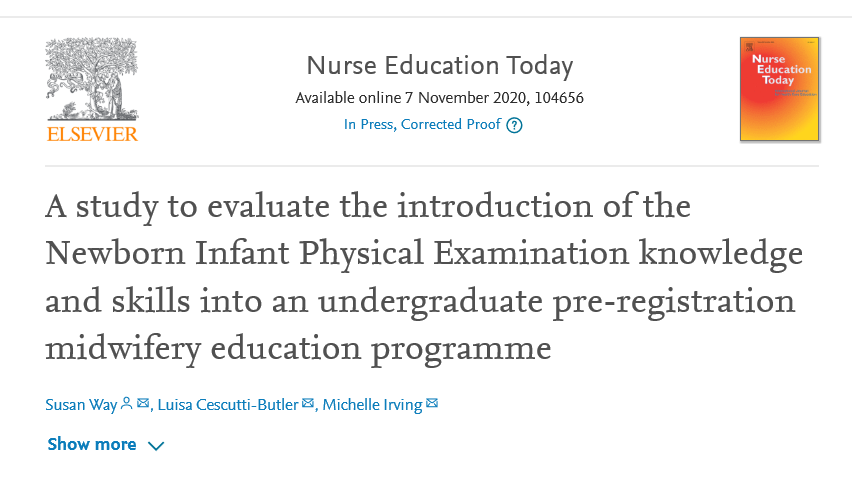

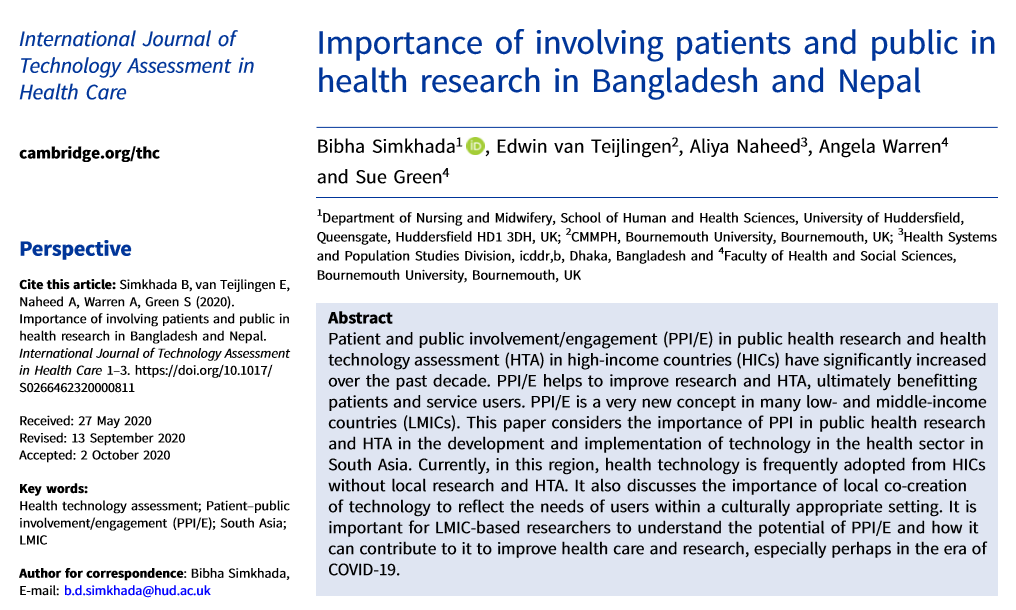

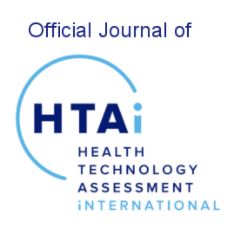
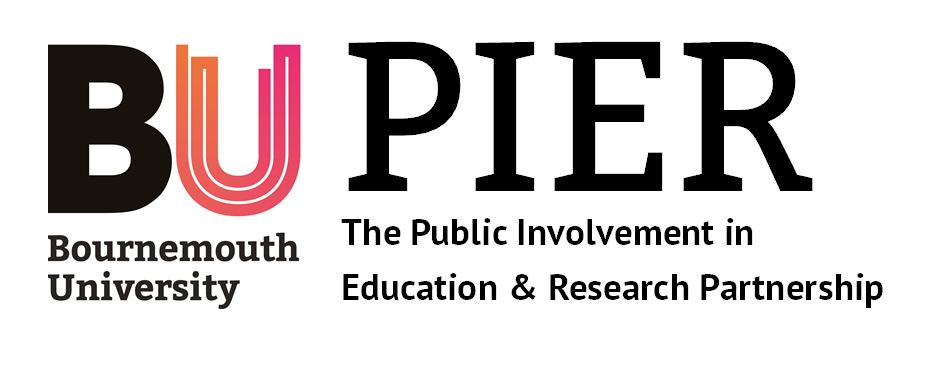
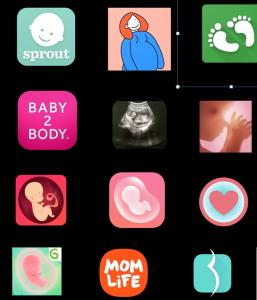

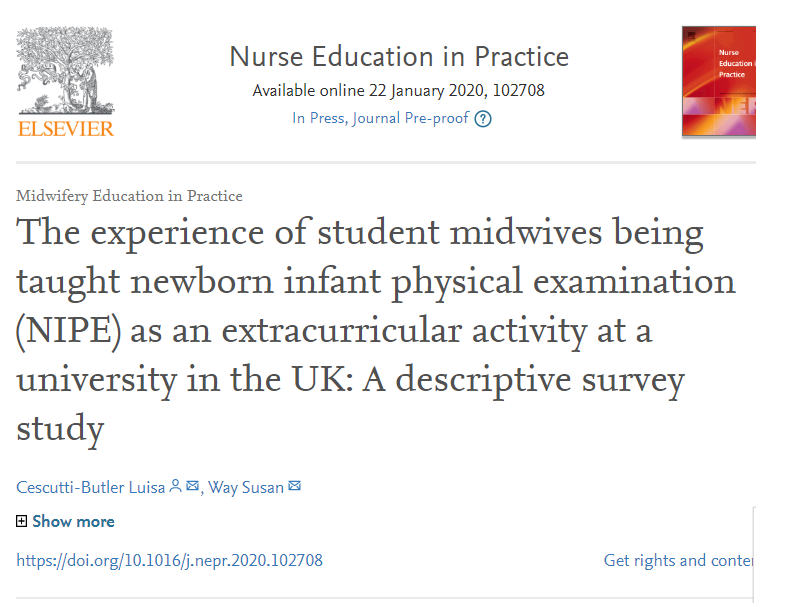
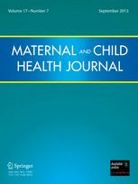

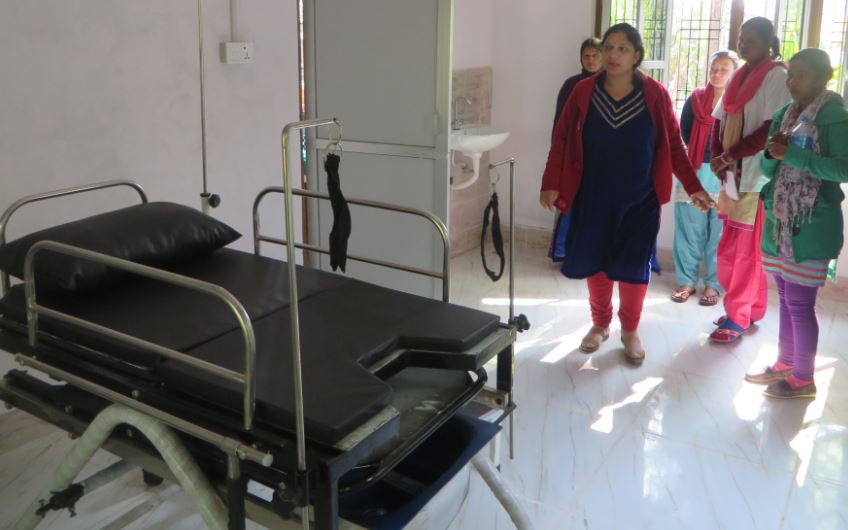
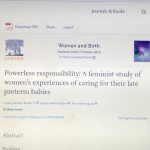 elation to their needs, rather than the focus being almost exclusively on their babies.
elation to their needs, rather than the focus being almost exclusively on their babies.



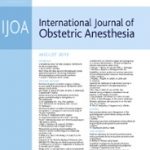
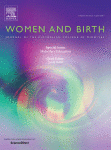
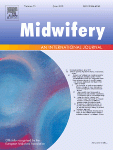
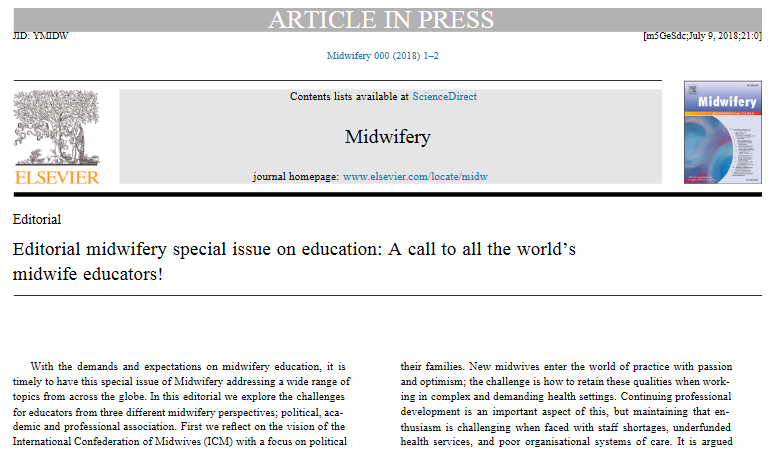

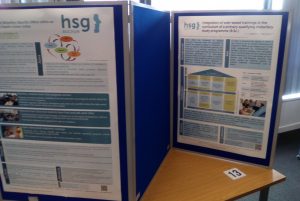
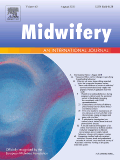

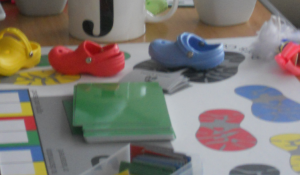
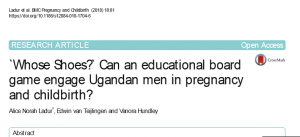

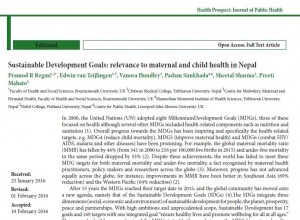
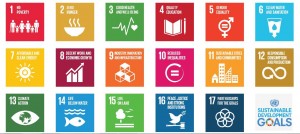











 Second NIHR MIHERC meeting in Bournemouth this week
Second NIHR MIHERC meeting in Bournemouth this week Dr. Ashraf cited on ‘Modest Fashion’ in The Guardian
Dr. Ashraf cited on ‘Modest Fashion’ in The Guardian NIHR-funded research launches website
NIHR-funded research launches website MSCA Postdoctoral Fellowships 2025 Call
MSCA Postdoctoral Fellowships 2025 Call ERC Advanced Grant 2025 Webinar
ERC Advanced Grant 2025 Webinar Horizon Europe Work Programme 2025 Published
Horizon Europe Work Programme 2025 Published Horizon Europe 2025 Work Programme pre-Published
Horizon Europe 2025 Work Programme pre-Published Update on UKRO services
Update on UKRO services European research project exploring use of ‘virtual twins’ to better manage metabolic associated fatty liver disease
European research project exploring use of ‘virtual twins’ to better manage metabolic associated fatty liver disease